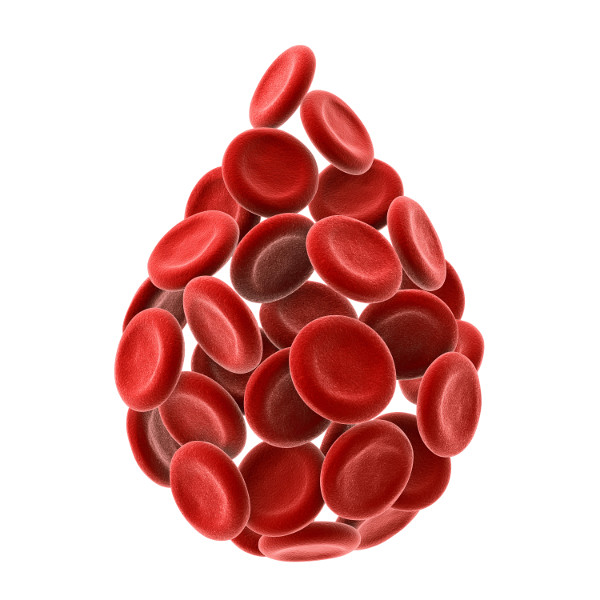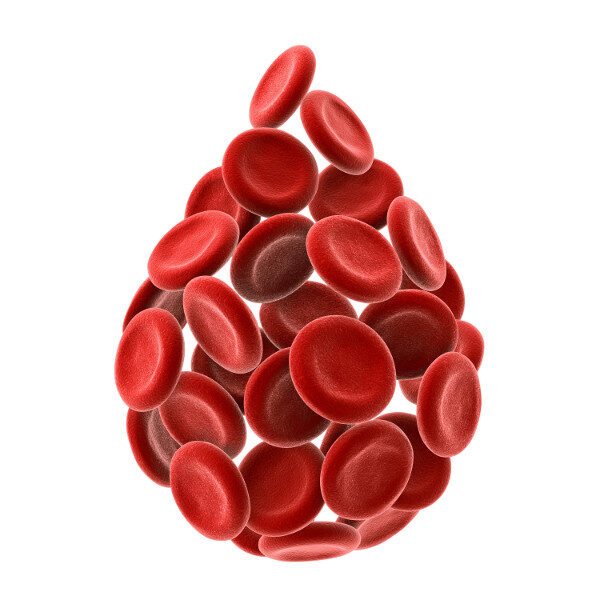Inadequate levels of Vitamin D have been found in many disease processes to include autoimmune diseases, cancer, cognitive decline, osteoporosis, depression and diabetes to name a few. Spot testing is an easy and affordable way to monitor your Vitamin D levels through MyLabsForLife on line lab service!
Vitamin D is a family of compounds that regulates the expression of a vast amount of genes which help regulate the proper growth and formation of teeth and bones.
Two forms of vitamin D can be measured in the blood, Vitamin D 25 (OH) and Vitamin D 1,25. This test measures only Vitamin D 25 (OH).
25-Hydroxyvitamin D is the major circulating form of vitamin D. It occurs in two forms: vitamin D2 (ergocalciferol) and vitamin D3 (cholecalciferol), and is the precursor of the active form (1,25-dihydroxyvitamin D). Because of its long half-life, measurement of total 25-Hydroxyvitamin D (D2 plus D3) provides the best assessment of your vitamin D status and includes vitamin D derived from diet, supplements and exposure to UVB light, such as sunlight. Vitamin D is best known for its role in calcium and bone metabolism, but emerging research indicates that low levels of vitamin D may be associated with increased risk of some cancers, type 2 diabetes, multiple sclerosis, cardiovascular disease, rheumatoid arthritis, depression, Alzheimer’s disease, infections, preeclampsia, cesarean deliveries and neurocognitive dysfunction. Vitamin D regulates the expression of a vast array of genes in tissues including immune cells, the vasculature, muscle and reproductive organs. Vitamin D insufficiency is common and deficiency can have adverse health effects at any stage of life. Many testing methods do not differentiate between the two forms of vitamin D, and only total concentrations are reported. This LC/MS QQQ method is sensitive and specific for both vitamin D2 and D3, and each form is measured and reported independently. If red blood cell magnesium levels are low, this may lead to a low calcium level that is resistant to vitamin D and parathyroid hormone regulation. It may be necessary to supplement both magnesium and calcium to regain normal function.
This Test May Be Useful For
Alzheimer’s Disease
Bone Health
Calcium Absorption
Cardiovascular Disease
Depression
Immune Function
Infections
Multiple Sclerosis
Neurocognitive Dysfunction
Preeclampsia
Rheumatoid Arthritis
Type 2 Diabetes
Turn Around Time
3-5 days
(May take longer based on weather, holiday or lab delays)



